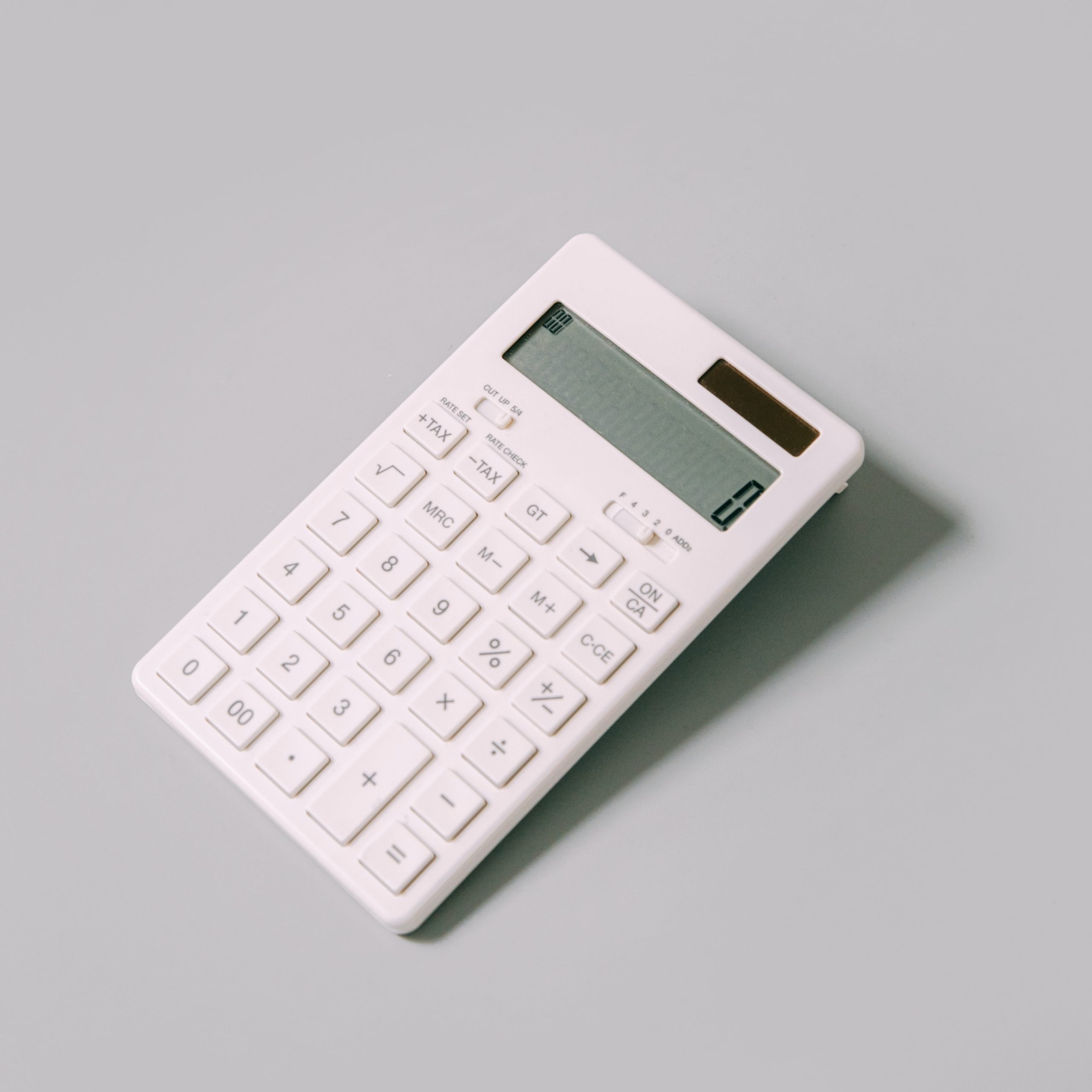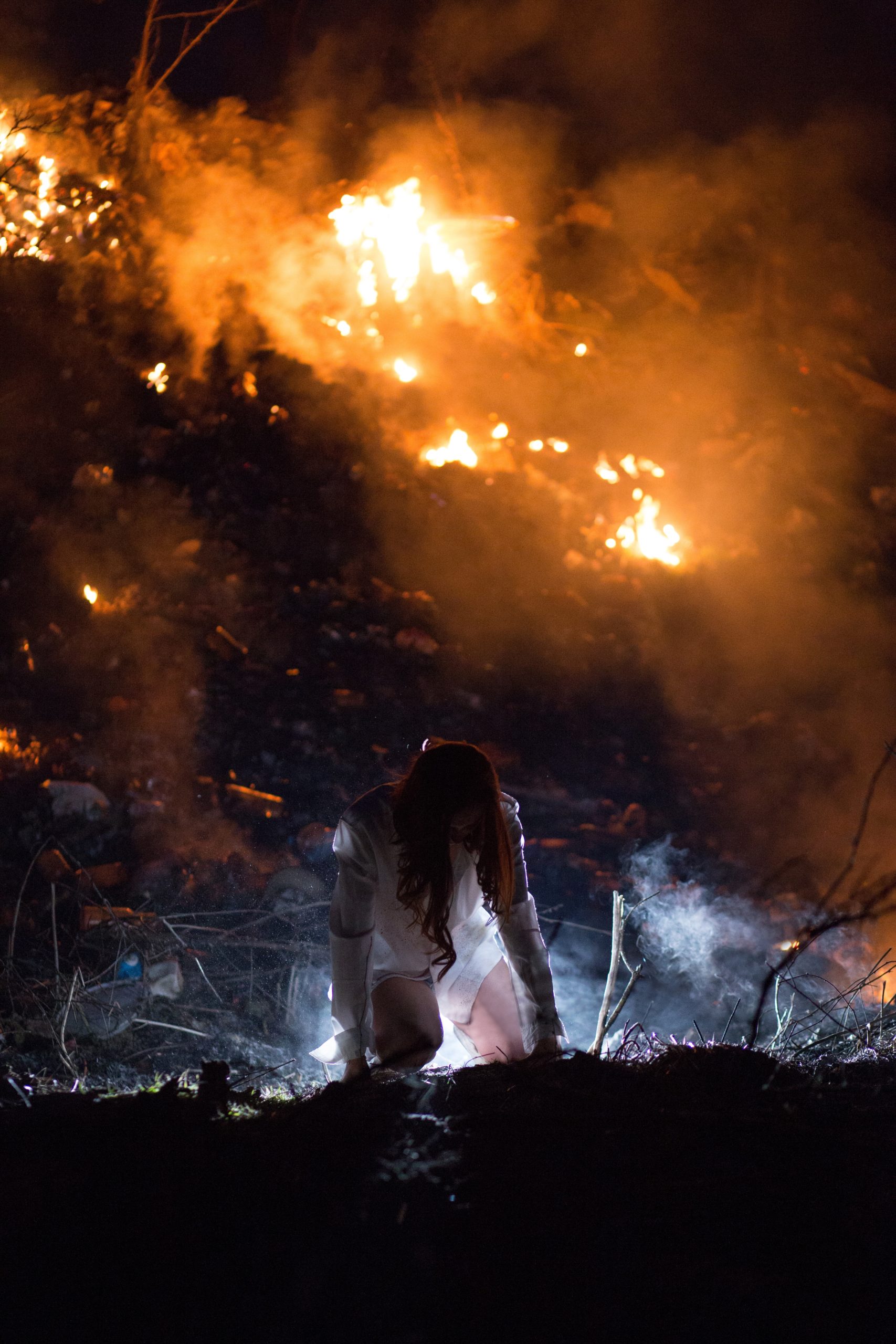
Light pollution is a problem that doesn’t get enough attention, and it’s getting worse. Two astronomers, Chris Impey and Connie Walker, say that on average, it’s getting 9.6% brighter every year, or at least every year from 2011 to 2021 when they did the study. There is, of course, no reason to think that anything has changed since then.
Now, I’m no scientist and haven’t done any studies, but it is clear that light pollution, like climate change, has gotten worse in my lifetime. When I was a kid, I was able to look up at night and see an unimaginable number of stars. Now, I feel like I could count the number of stars I can see in the sky. I don’t even remember the last time I saw the Milky Way. It’s really sad. It’s taken some of the joy and wonder out of my life.
But that’s not even the worst of it. Light pollution is unhealthy for us, for animals, and for plants. One of the most obvious ways it’s bad is that it messes up sleep cycles. Almost all life on this planet depends on the day/night cycle to know when to sleep and when to wake up. When night becomes as light as day insomnia will run rampant. I know in Spring and Summer, when I sleep with the windows open, light streams into my room from the streetlights on my street. Fireflies are just one creature that has been disrupted by the extra light. It also keeps some cactus species from flowering like they’re supposed to.
One thing I had never really thought about until I read Impey and Walker’s article, was the detrimental effects of light pollution on astronomy. They’ve always built telescopes in remote areas, but now those remote areas are suffering from light pollution, too. That limits what astronomers can see and study. It must also mess up biologists who are trying to study nocturnal plants and animals since those plants and animals live in an artificial environment now.
There are some easy ways to mitigate the problem, if only we had the willpower to enact them. The simplest is by turning off lights that are not being used. That would save money on electricity and help combat climate change, too. Another is to put all outdoor lights on timers or motion sensors. And we could adjust all outdoor light fixtures to point the light downward only. The color of the light also matters. With the advent of LEDs, we use white light a lot more often than we used to. White light is more disruptive than other colors. If we adjusted outdoor lighting from white to yellow, it would make a difference.
I remember when the night sky was awe inspiring. I’d love to get back to that. What do you think? Can we do it?







